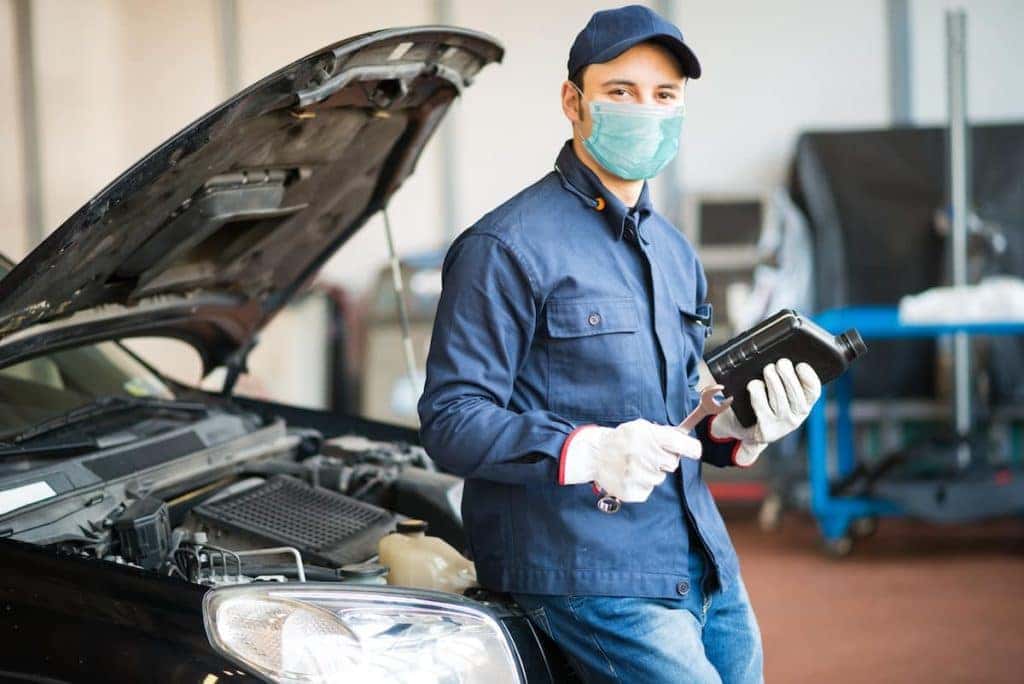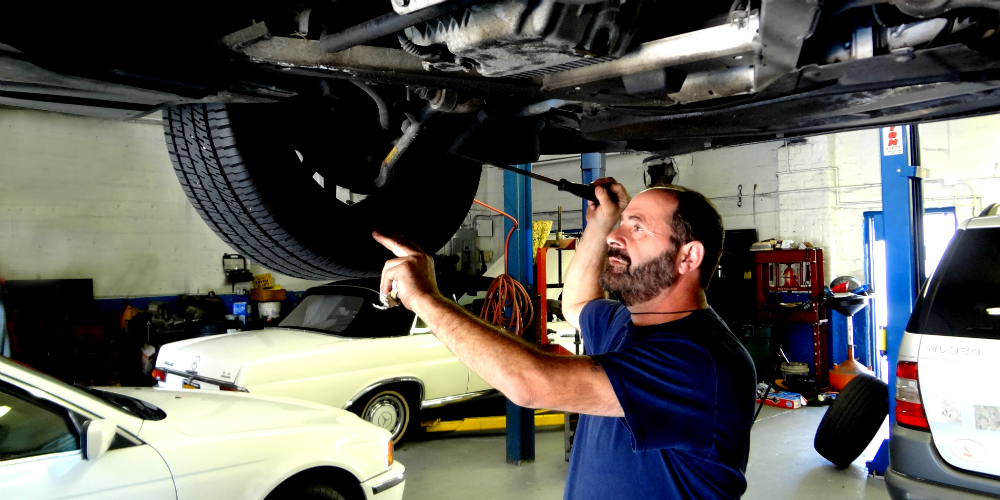All Categories
Featured
Your lorry's brakes are just one of one of the most important parts in guaranteeing your safety and the security of others when traveling. Routine brake evaluations are vital to keeping ideal stopping performance and staying clear of pricey repairs. Whether you're a seasoned cars and truck proprietor or a new chauffeur, understanding brake examination standards can aid you stay proactive regarding upkeep and ensure your lorry is always roadworthy.
- Why Brake Inspections Issue. Brakes go through continuous deterioration. The even more you drive, the more rubbing your brake pads sustain, ultimately causing lowered braking effectiveness. Without correct inspection, it's challenging to evaluate when your brakes could be in need of repair service. Regular brake checks aid recognize problems beforehand, protecting against potential failings that could place you in danger.
A well-kept brake system ensures fast, receptive quiting power, particularly in emergencies. It also helps expand the life of your car, as disregarding brake upkeep can bring about much more serious, expensive troubles later on.
- Indicators You Required a Brake Inspection. While it's critical to have your brakes checked occasionally, certain signs might show that they require focus. Maintain an eye (and ear) out for these warning signals:
Squeaking or Grinding Noises: Uncommon audios, specifically a shrill squeal or grinding sound, frequently mean that your brake pads are used down. Resonance or Pulsation: If you feel vibrations or a pulsing experience when pressing the brake pedal, maybe a sign of deformed rotors or irregular brake pad wear. Lowered Brake Responsiveness: If your brakes really feel much less responsive or you have to press the pedal harder to reduce down, it might suggest air in the brake lines or reduced brake liquid. Pulling away: If your lorry pulls away when stopping, it could indicate unequal brake pad wear or a brake liquid leak. Control Panel Warning Lights: Some autos have brake-related caution lights that show problems like reduced brake liquid or used brake elements. If you notice any one of these signs, it's important to have an expert mechanic carry out a brake examination as quickly as feasible.

- What Takes place During a Brake Inspection? Throughout a brake assessment, a mechanic will examine a number of crucial elements of the braking system to ensure everything remains in functioning order. Below's what you can anticipate throughout the process:
Brake Pads and Shoes: The mechanic will inspect the thickness of the brake pads or shoes. If they're too thin, they'll require to be replaced. Brake Rotors: Blades are the discs that the brake pads press against to reduce your car down. They'll be inspected for any signs of wear, racking up, or bending. Brake Liquid: Reduced or contaminated brake fluid can harm stopping performance. The specialist will certainly inspect the fluid level and high quality and top it up or purge it if needed. Brake Lines and Tubes: Brake lines carry liquid from the master cyndrical tube to the brakes. The auto mechanic will look for any kind of leakages, fractures, or damage to ensure correct fluid circulation. Brake Calipers and Wheel Cyndrical Tubes: Calipers and wheel cyndrical tubes press the brake pads versus the blades or drums. The service technician will certainly check for wear, leaks, and proper procedure. 4. Exactly how Often Should You Have Your Brakes Checked? The regularity of brake examinations relies on variables like your driving behaviors, the kind of lorry you drive, and the atmosphere in which you drive. As a basic guideline, it's a great idea to have your brakes inspected every 12,000 miles or as soon as a year. If you experience any of the caution indicators mentioned previously, it's essential to get your brakes inspected right away.
For those who frequently drive in heavy website traffic, hilly surface, or extreme weather, more regular examinations might be needed.
- Significance of Timely Brake Fixes. When you find a problem with your brakes, it's important to address it right away. Delaying brake repair work can result in more substantial damages to your stopping system, leading to higher repair service costs. In severe cases, neglecting brake concerns can result in complete brake failure, which is a serious security danger.
By remaining on top of brake maintenance and attending to concerns immediately, you make sure that your brakes proceed to carry out as planned, maintaining you and your travelers risk-free when driving.
Final Thought: Keep Your Brakes in Top Forming. Brake examinations are a straightforward yet vital component of lorry maintenance. By recognizing the significance of routine examinations, knowing the indicators of brake concerns, and staying positive with repairs, you can ensure your vehicle's stopping system remains in optimum condition.
Latest Posts
Check Out the Best Auto Repair Discounts in Montclare, Chicago
Why Chicago Drivers Select Montclare Auto Repair for Reliable Service and Significant Savings
Find Out How WyHy Federal Credit Union Saves You Money on Loans and Savings
More
Latest Posts
Check Out the Best Auto Repair Discounts in Montclare, Chicago
Why Chicago Drivers Select Montclare Auto Repair for Reliable Service and Significant Savings
Find Out How WyHy Federal Credit Union Saves You Money on Loans and Savings
